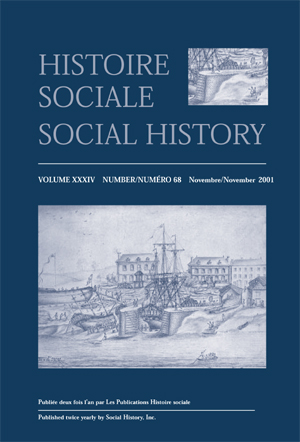Business was a Family Affair: Women of Commerce in Central Europe, 1650-1880
Abstract
Although the mercantile activities of German women reflected a tradition dating from the high Middle Ages, the formal sanction of women’s exchange privileges was a relatively recent phenomenon. Pre-modern economic factors established the commercial agency of German businesswomen and promoted family-based enterprise in Germany’s modern economic growth. In the seventeenth century the family firm emerged as the fundamental institution of Germany’s economic elite. The interlocking interests of family patrimony and the firm’s continuity created a special niche for the business widow, legally secured by seventeenth- and eighteenth-century exchange codes. Recent social history on Germany’s nineteenth-century middle classes has begun to identify the roles of women merchants, especially in retail trade, and family-based enterprise in Germany’s modern industrial expansion. As in the pre-modern period, the women of middling family businesses played management roles and sometimes assumed control as widows. The “separate spheres” ideology, relegating women to house and home, was a prescriptive ideal with relatively little influence on the women of modest family retail and manufacturing firms. Thus the pre-modern practices of family-based enterprise shaped the legal and social structures within which women continued to exercise an important economic function into the twentieth century.Downloads
Published
2001-11-01
Issue
Section
Women and Business in Eighteenth- and Nineteenth-Century Northwestern Europe


